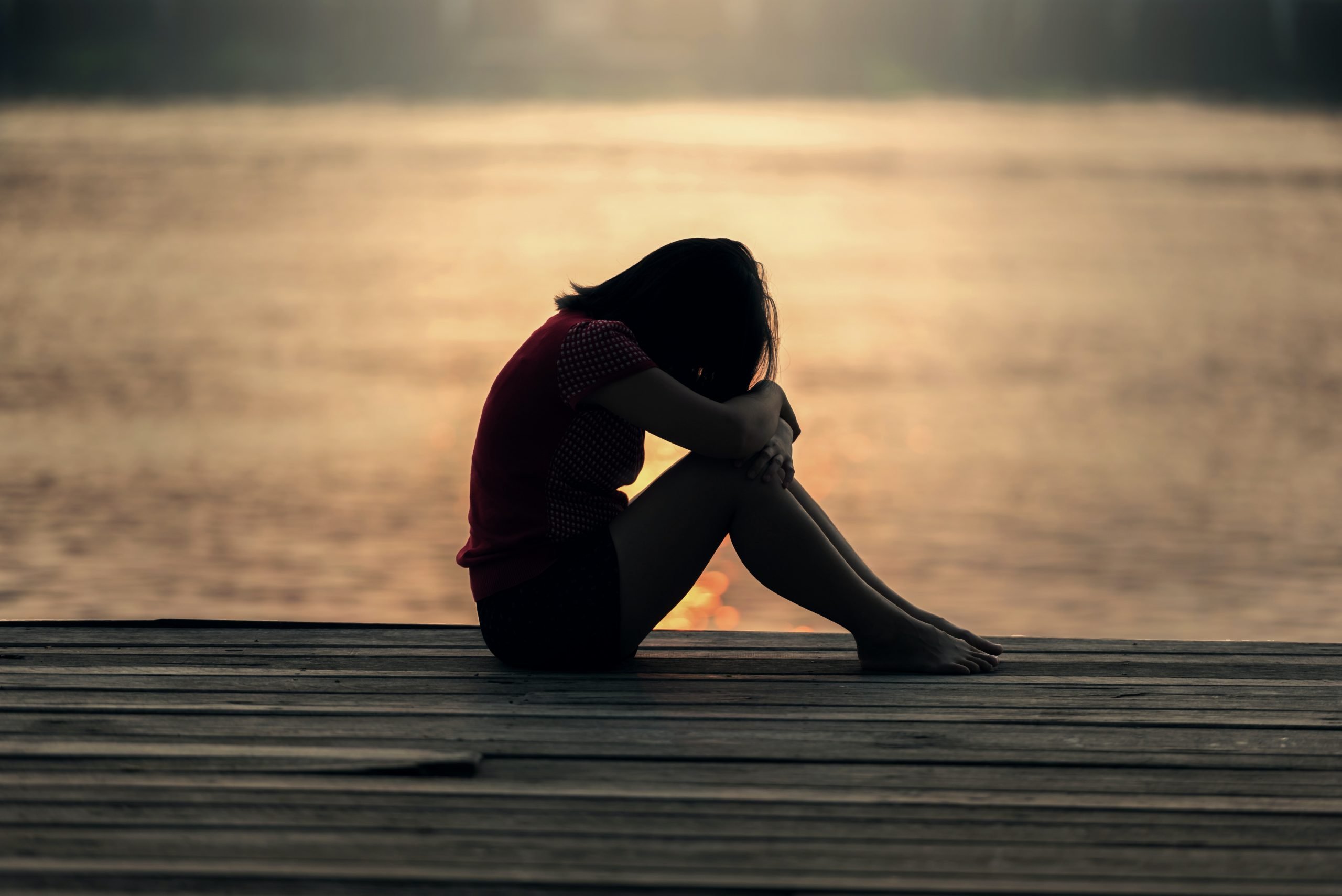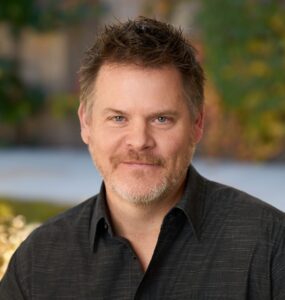The Pain of Grief
“The pain of grief is just as much part of life as the joy of love: it is perhaps the price we pay for love, the cost of commitment. To ignore this fact, or to pretend that it is not so, is to put on emotional blinkers which leave us unprepared for the losses that will inevitably occur in our own lives and unprepared to help others cope with losses in theirs.” -Dr Colin Murray Parkes, from Bereavement: Studies of Grief in Adult Life
What is Grief?
When we use the word grief, we are attempting to describe the indescribable. The pain we experience after a death or loss so often surpasses language. For simplicity’s sake, we can think of grief as the wide-ranging spectrum of thoughts, feelings, physical reactions, and behaviors we experience when someone close to us dies or we lose something precious and important.
What are the Symptoms of Grief?
“Is that normal?” is a question we often hear from people in grief at our therapy practice in Sacramento, CA. Grief takes many forms, and each person’s expression of grief is as unique as they are, as unique as their relationship with the person or thing they have lost. However, some common grief experiences include:
- Anger
- Depression
- Anxiety
- Guilt
- Sadness/Sorrow
- Loss of sleep/Sleeping more than usual
- Heartache/Longing
- Fear
- Loss of appetite/Eating more than usual
- Hopelessness
- Apathy/Lethargy
- Tears
- Difficulty concentrating
- Restlessness
- Difficulty with daily functioning
At various times, we might experience a sense of disbelief, we might struggle to believe the death or loss has occurred. People speak of having “grief brain” when they find it difficult to concentrate or are more forgetful than usual. After a death/loss, people may question their belief system, or develop new beliefs while wrestling with questions around the meaning and purpose of life.
How Long Does Grief Last?
Grief does not follow a predictable schedule or move neatly through one stage after another. So many of us know the 5 stages of grief as described by Elizabeth Kubler Ross: denial, anger, bargaining, depression, and acceptance. People sometimes worry if they don’t experience one of these stages or if they seem to be going out of order.
However, grief expert David Kessler points out, “The stages have evolved since their introduction and have been very misunderstood over the past four decades. They were never meant to help tuck messy emotions into neat packages. They are responses to loss that many people have, but there is not a typical response to loss as there is no typical loss.”
Grieving is not a linear process and there is no right way to do it. You may find yourself stringing together a few good days only to be laid flat by a wave of sorrow that makes you feel as if you can’t go on. Be kind to yourself in those moments. Take a break. Seek support when you feel ready.
What is Grief Counseling in Sacramento, CA?
While grief is a natural and necessary part of loss, at times it can feel overwhelming, leading to long bouts of depression and anxiety. Grief counseling in Sacramento, CA, along with depression treatment, treatment for anxiety, and trauma therapy can help support you as you move through the process. Having a trained therapist by your side, supporting you, and helping you recover can be incredibly powerful and healing. At California Integrative Therapy in Sacramento, CA, and Pasadena, CA, we honor the unique experience of each person and acknowledge there is no timeline for grief. We begin wherever you are.










